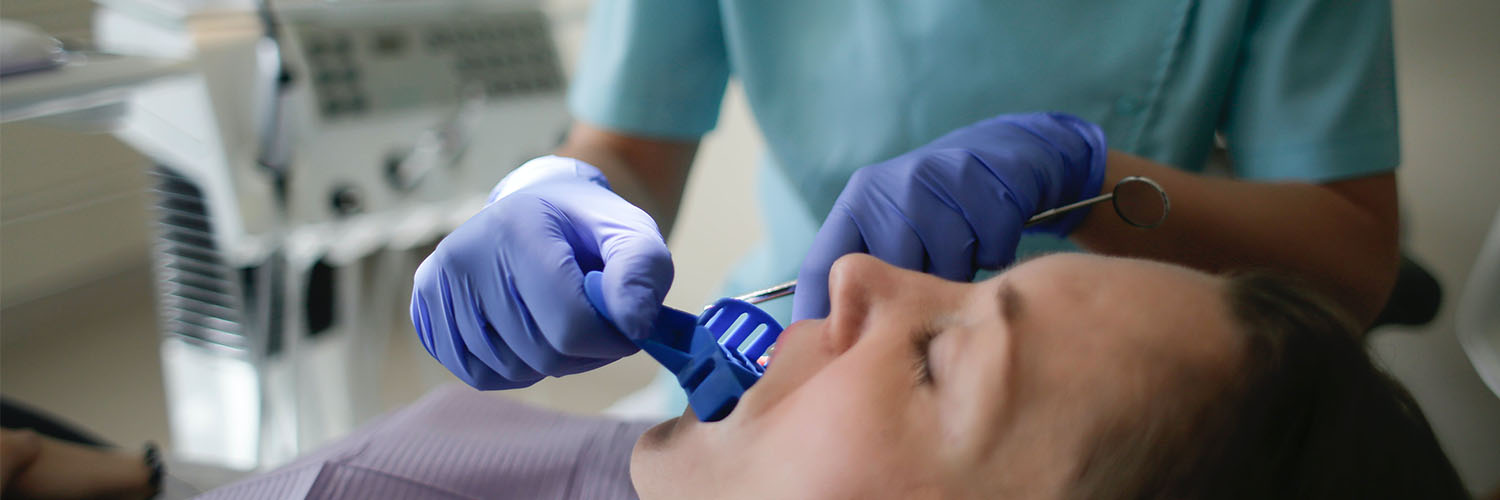Dental therapists examine and treat diseases of the teeth in children, adolescents, and some adults (up to 21 years old) as part of the dental team. The dentistry work performed is varied from identifying the disease risk of the child, providing professionally applied preventive treatments, carrying out simple restorative work in primary and permanent teeth, through to the extraction of teeth under local anesthetic, and the initial management of trauma.
The government/public sector oral health services are the major employers of dental therapists. They work in fixed and mobile clinics promoting oral health care to children. There is a high demand for dental therapists in regional, rural, and remote locations in most states of Australia.

Diagnostic and restorative kits and individual instruments, all Hygiene instruments.
Scalers, Gracey’s, Curettes, Impression Trays
If you would like to try any of our Single Use dental instruments prior to purchasing, free sterile samples can be requested below.